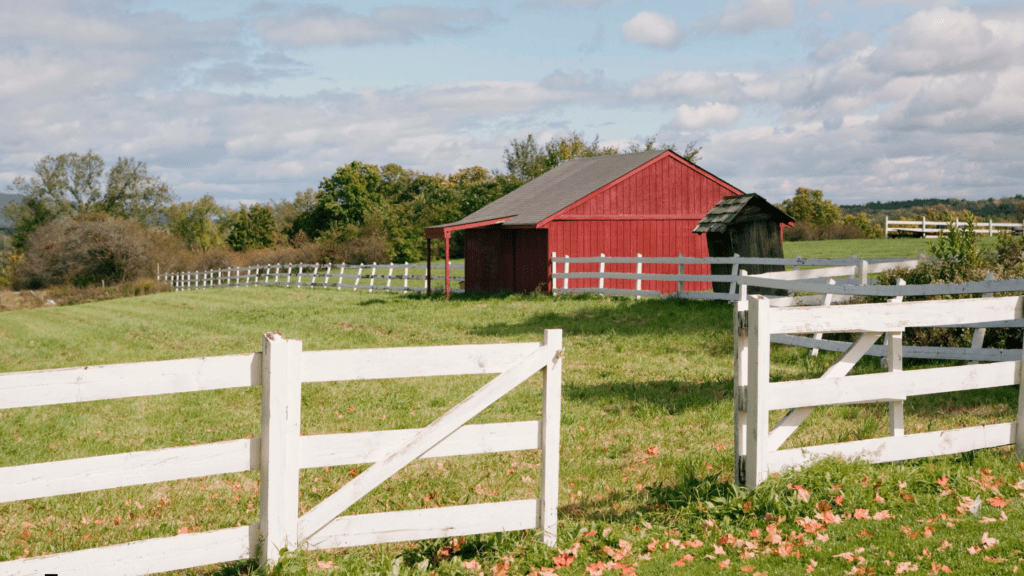When it comes to fencing a farm, the type of fence you choose plays a crucial role in the security, functionality, and longevity of your agricultural operations. Selecting the right materials and design for agricultural fencing can protect your livestock, crops, and property while enhancing the aesthetic appeal of your farm. Let’s explore the best practices for farm fencing to ensure you make an informed decision that meets your needs with Straight Shooter Game Fencing!
Understanding Your Needs: What Are You Fencing?
Before diving into the specifics of agricultural fencing, it’s important to first assess what you’re fencing and why. The needs of a farm vary depending on whether you’re containing livestock, protecting crops, or marking property boundaries. Each of these requires a different approach:
- Livestock Containment: Strong, high fences are essential for containing large animals like cattle or horses. Electric fencing or woven wire are popular options.
- Crop Protection: If your goal is to keep out wildlife, you may need taller fences with a denser design to prevent animals like deer from entering your fields.
- Property Boundaries: For marking the perimeter of your farm, a simple post-and-rail or barbed wire fence can suffice, depending on the terrain and local regulations.
Choosing the Right Materials for Agricultural Fencing
The choice of materials is a critical factor in determining the durability and effectiveness of your agricultural fencing. Some common materials include:
- Wood: Classic and visually appealing, wood is a traditional choice for farm fencing. However, it requires regular maintenance and may not be the best option in areas with harsh weather conditions.
- Metal: Metal fencing, such as galvanized steel or aluminum, offers superior strength and durability. It is resistant to rust and can withstand the test of time with minimal maintenance.
- Woven Wire: Ideal for containing smaller animals like sheep or goats, woven wire fencing provides flexibility and strength. It can be combined with wooden posts for added stability.
- Electric Fencing: For high-security needs, electric fencing is effective in containing livestock and deterring wildlife. It’s particularly useful for large farms where other types of fencing might be too costly or impractical.
Agricultural Fencing Maintenance Tips
Maintaining your agricultural fencing is essential for extending its life and effectiveness. Regular inspections are crucial for identifying and addressing potential issues before they become major problems. Here are some maintenance tips:
- Regular Checks: Inspect your fence periodically for signs of wear and tear, such as rust on metal parts or rotting wood.
- Tighten Wires: If you’re using wire fencing, make sure to keep the wires tight and secure. Loose wires can lead to gaps that animals might exploit.
- Clear Vegetation: Overgrown plants can damage your fence and create weak spots. Keep the area around your fence clear of vegetation.
Why Choose Straight Shooter Game Fencing?
Choosing the right agricultural fencing for your farm is essential for protecting your investment and ensuring the smooth operation of your farming activities. By understanding your needs, selecting the right materials, and following best practices for installation and maintenance, you can build a fence that will serve you well for years to come.
For those looking to invest in high-quality agricultural fencing, Straight Shooter Game Fencing offers top-tier solutions tailored to your farm’s needs. With years of experience in the industry, we specialize in providing durable and effective fencing options for farms of all sizes. Visit us at Straight Shooter Game Fencing to learn more and get started on your farm fencing project!

